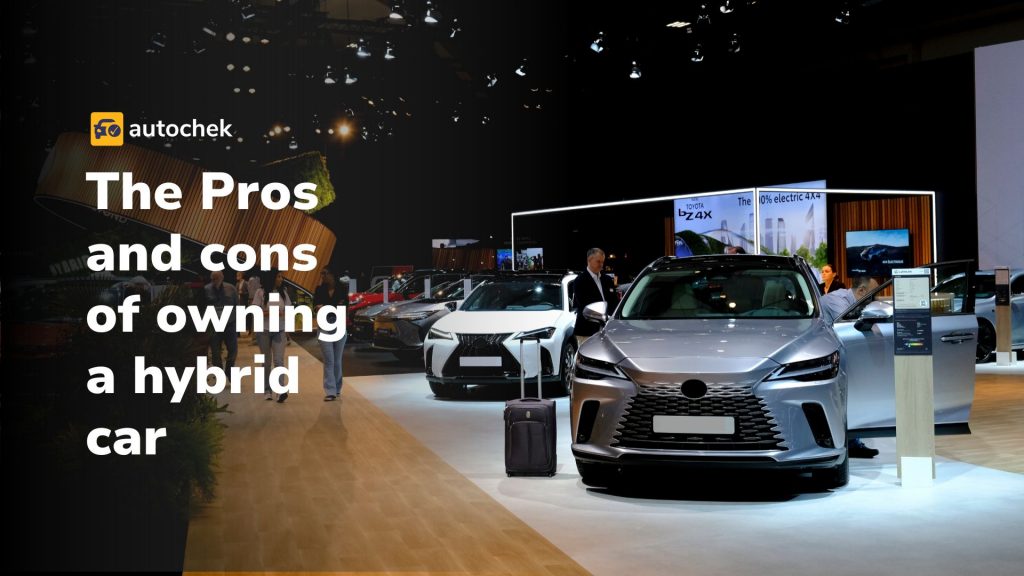The Pros and Cons of Owning A Hybrid Vehicle
The purchase of hybrid cars has increasingly become high in the last few years. The cost of fuel in Kenya has hit Ksh 211.64 per litre for diesel cars and upto Ksh 200.99 for petrol cars, as announced by EPRA, (Energy and Petroleum Regulatory Authority) . This has transalated to an undeniable increase in demand and popularity for these cars.
Hybrid cars refer to vehicles that have an electric motor and gasoline. They combine an internal combustion engine with an electric motor. The prompt in the car switches to either depending on the driving circumstances to ensure fuel efficiency. Most car manufacturers now have the hybrid option, with brands popular brands like the Nissan and Toyota all having hybrid units in the market.
So, what are the pros and cons of owning a hybrid vehicle? We have highlighted a few below.
Pros
Fuel efficiency: The combination of electric motor and gasoline ensures that hybrid cars get more fuel mileage than conventional cars. Hybrid cars consume less fuel by a certain percentage. Fuel efficiency is a major factor when it comes to car buying. Customers are therefore more inclined to purchase hybrid cars over convectional cars.
Less Maintenance: There is less strain on the engine due to the automatic switching off when the car is in traffic or not on constant hybrid cars and also to regenerative braking parts. The combustion engine is not used as often, resulting in less maintenance costs, which also extends their oil change interval.
Better Resale Value: Hybrid cars offer maximum utility with good overall reliability. Fluctuating fuel prices have also contributed to more people opting for hybrid cars. An increase in demand means the depreciation of the car is less.
Regenerative braking: The technology around hybrid cars ensures that even when the car is braking the energy is taken back to the battery. This in turn ensures less manual changes when to the driver, which means less wear and tear of engine parts and less fuel consumption.
Cons
Expensive initial cost: Hybrid cars are just slightly expensive due to the hybrid technology used for the system. This includes the electric motor, battery, and control systems, which adds to the manufacturing costs of the vehicle.
High cost of replacing batteries: Hybrid cars use batteries to store energy. Over time, these batteries can degrade, leading to reduced performance and efficiency. Eventually, the batteries may need replacement, which can be costly.
Limited model options: While the variety of hybrid cars is increasing, the selection still remains more limited compared to conventional gasoline or fully electric vehiclesFinding the specific make and model that suits your needs could be challenging.
Conclusion
Despite the few challenges highlighted, owning a hybrid vehicle still remains a huge asset to own in modern day. Before settling on any unit ensure you have explored both the advantages and disadvantages of owning one to help you make an informed decision.
The pre-qualified option on the Autochek website allows you to get information on:- How much do you pay as monthly instalments? and how much downpayment do you make for any unit you choose? This is crucial to allow you to plan better for your loan should you decide to take the financing option.
